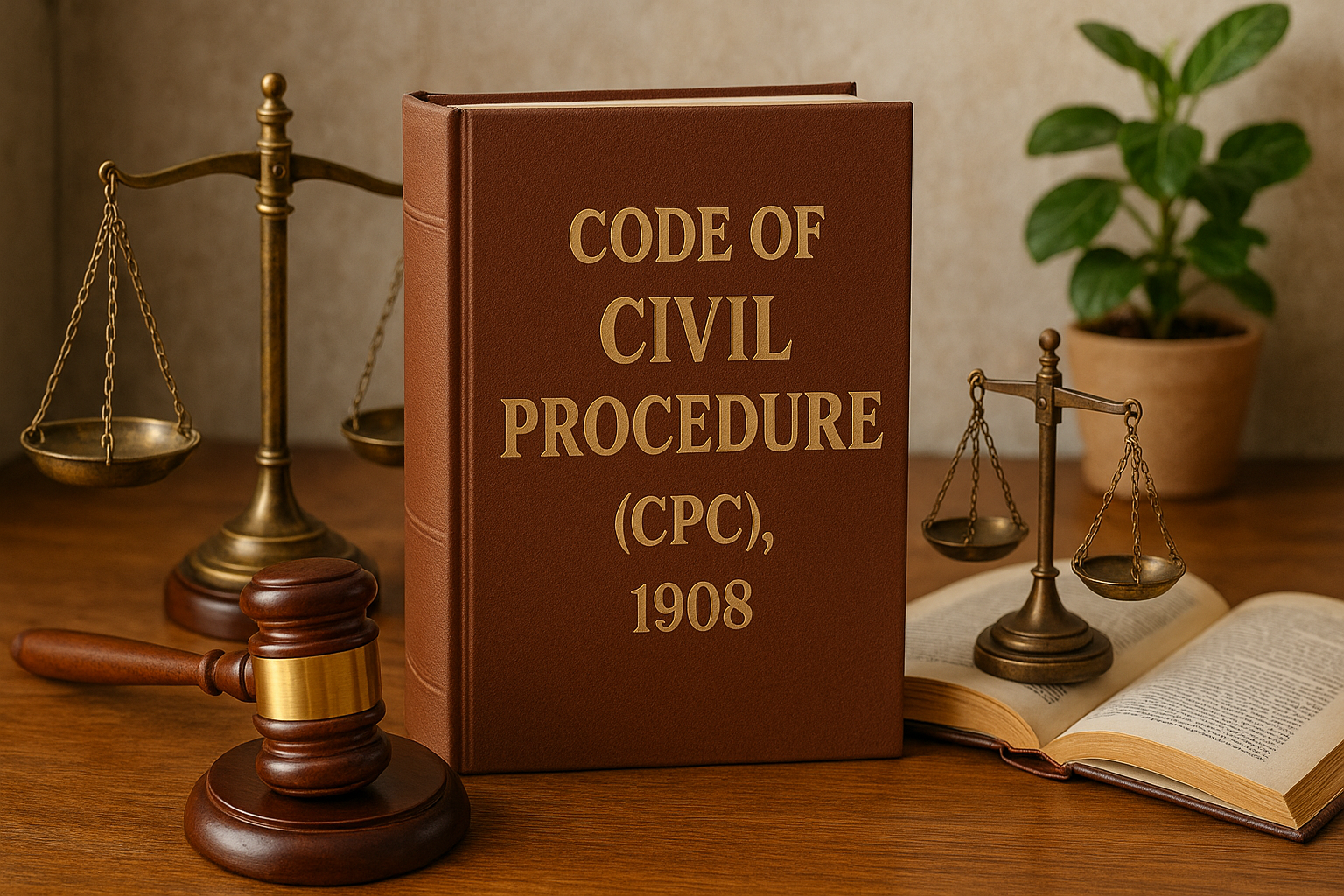1. Introduction
The Code of Civil Procedure, 1908 lays down specific provisions for civil suits involving the government, recognizing the sovereign position of the State and the need to balance it with individual rights. These suits are governed by Sections 79 to 82 CPC.
These provisions apply to both:
-
Suits filed by the government, and
-
Suits filed against the government or public officers.
2. Who Is the Government in a Civil Suit?
As per Section 79 CPC:
In a suit by or against the government:
-
The Union of India shall be named when the Central Government is involved.
-
The State Government shall be named when the State Government is involved.
Public officers can also be sued in their official capacity, under the same provision.
3. Requirements for Filing a Suit Against the Government
A. Notice Under Section 80 CPC
Section 80 CPC mandates a two months’ notice before instituting any suit against the government or a public officer acting in their official capacity.
Key Features:
-
Must be in writing
-
Must state the cause of action, relief claimed, and details of the plaintiff
-
Sent to:
-
The Secretary to the Government (in case of Central Government)
-
The Collector or appropriate officer (in case of State Government)
-
-
No suit can be instituted before the expiry of 2 months from the date of notice
Exception (Section 80(2)):
In cases of urgency, a suit may be filed without notice with the leave of the court. However, the court must be satisfied that the plaintiff would suffer irreparable harm if delayed.
4. Suits By the Government
-
The government may institute suits like any other individual or legal entity.
-
Procedure is the same as applicable to private suits.
-
Government pleaders are appointed to represent the government in court.
5. Privileges of the Government in Civil Suits
| Privilege | Explanation |
|---|---|
| Extended time to respond | Under Section 80(1) and Order XXVII Rule 5, the government may get 90 days to file a written statement |
| Representation by pleader | Government is represented by a Government Pleader, not a private advocate |
| Execution of decrees | Special rules apply for execution of decrees against government property |
| Leave of court for urgent cases | Even without notice, suits may proceed with court’s permission under Section 80(2) |
6. Decrees Against the Government – Section 82 CPC
When a civil court passes a decree against the government, the following special rule applies:
-
No execution shall be issued until the expiration of 3 months from the date of the decree.
-
This period allows the government time to:
-
Evaluate its options (including filing appeals)
-
Make necessary administrative arrangements for compliance
-
7. Procedure for Suits Involving the Government
The procedure is governed by Order XXVII CPC, which includes:
| Rule | Provision |
|---|---|
| Rule 1–2 | Who can represent the government and how |
| Rule 5 | Time for filing written statement |
| Rule 8A | Exemption of public officer from personal appearance |
8. Important Case Law
State of A.P. v. Pioneer Builders (2006)
Reiterated that notice under Section 80 is mandatory, and failure to comply may result in dismissal of the suit.
Union of India v. T.R. Varma (1957)
Clarified that the government can be sued like a private party but must be given reasonable protection under the law.
9. Conclusion
The CPC provides a special framework for handling civil litigation involving the government. While allowing citizens to sue the government for wrongs, it also offers procedural safeguards to ensure orderly administration. Understanding Sections 79 to 82 and Order XXVII is crucial for navigating suits involving public authorities.

